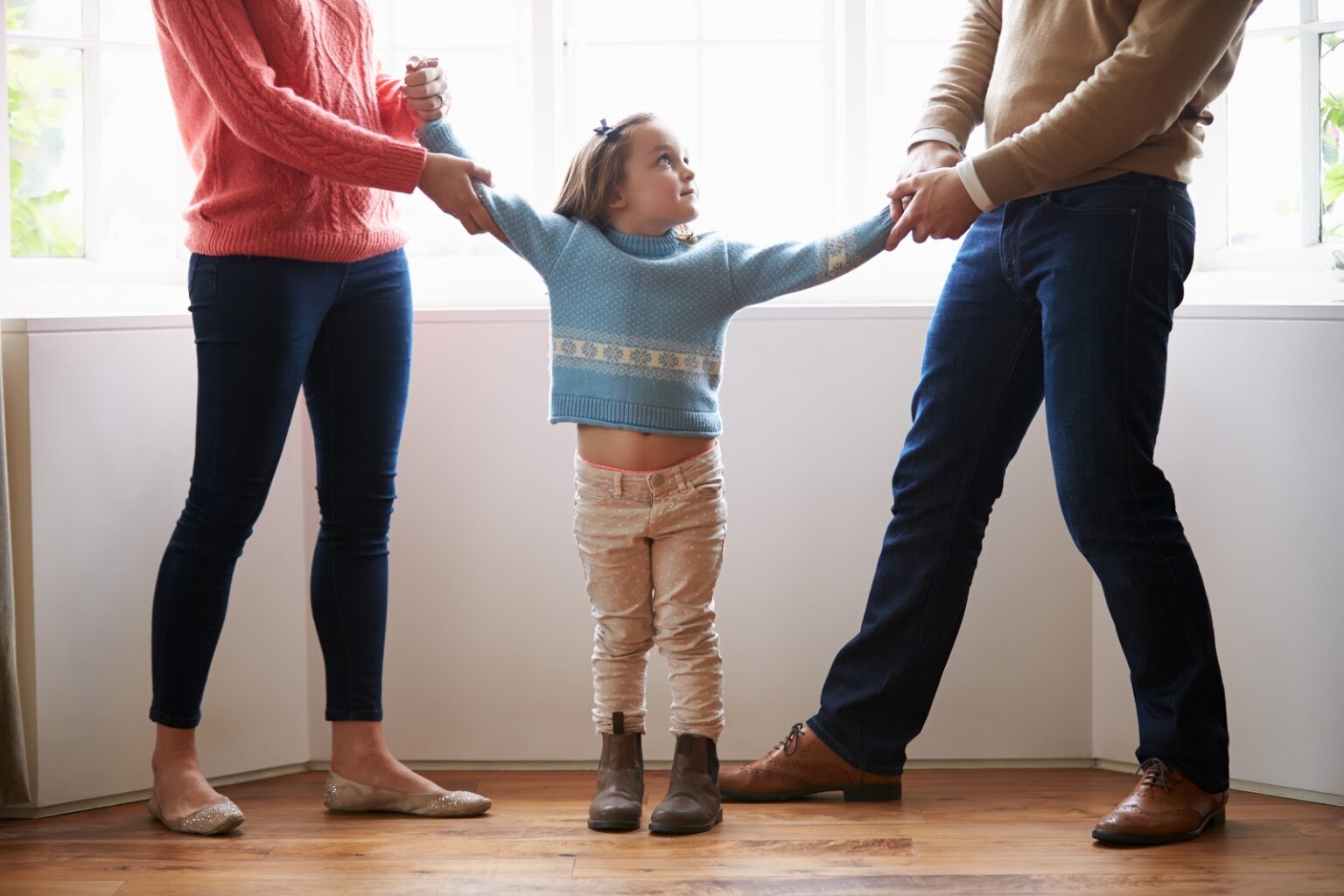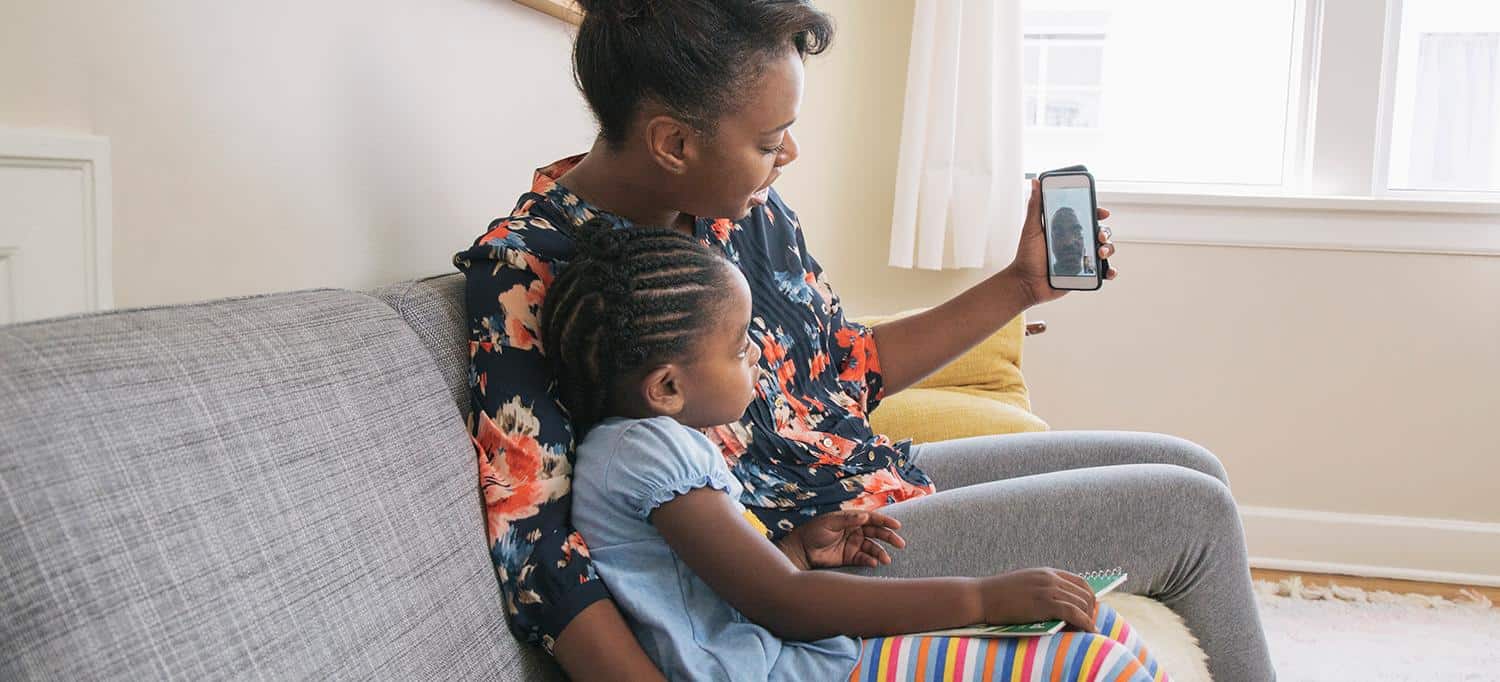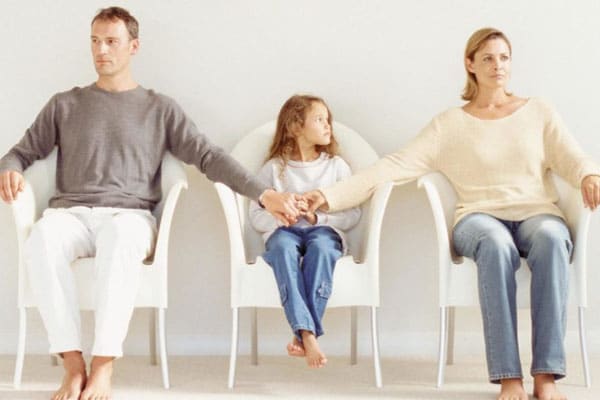Safety concerns and child visitation during COVID-19
Covid-19 has been affecting all of us in more ways than one. But one of the most important things that were affected, Families. The number of divorces in 2020 spiked tremendously when covid hit. How are you dealing? Are you co-parenting? What are visits going to be like? Will it be safe for my child? So many questions are running through this harsh time.
The pandemic has changed everything, with uncertain work situations, social distancing, and self-isolation making previous arrangements unpredictable and potentially difficult to manage.
How does Social Distancing Affect the rules of Custody?
According to the SIP (social distancing and shelter-in-place) does not affect custody orders directly. So following the current custody arrangement is best. Unless you and your ex agree to a different alternative plan or if a judge changes your Court order.
Courts around the country are making it very clear. Denying any visitation during the time of pandemic is not tolerated by the courts. This might result in contempt court and sanctions. Although some parents could have valid excuses, which could justify a small temporary change in the order.
These excuses could include: such as your ex has been exposed to someone with confirmed COVID-19, The ex is exhibiting symptoms of COVID-19, your ex has a high-risk job and is frequently exposed to COVID-19, or, the child is at high-risk for COVID-19.

Putting Your Children First
Parenting is challenging enough when both parents live in the same home. When they live apart, as, after a separation or divorce, things can get even harder. Parents may disagree on such basic issues as sleep, nutrition, and discipline with added layers of negative emotions like anger, frustration, and sadness. All of these can interfere with effective communication and problem-solving.
While a crisis like the COVID-19 pandemic can add to the stress of co-parenting, it can also help parents overcome their issues and work together to safeguard the children they both love.
Special considerations for two-household families
Ideally, co-parents should have a plan in place to help them problem-solve in times of crisis. If they do not, they may have no idea how to talk calmly or make decisions together under stressful conditions. Many problem-solve the same way they did when they were together. They may argue, withhold, and possibly bully when what they need to do is stand back and unselfishly ask themselves, “How can we work together to keep our child safe?”
How co-parents can work together
Keep communication open. Answer all forms of communication (phone calls, texts, emails, etc.) with your co-parent in a timely manner. Though it may be extremely difficult in the early stages, frequent communication with your ex will convey the message to your children that you and your co-parent are a united front. It’s okay to be hurt and angry, but your feelings don’t have to dictate your behavior. Instead, let what’s best for your kids. you working cooperatively with the other parent—motivate your actions.
Get your feelings out somewhere else. Never vent to your child. Friends, therapists, or even a loving pet can all make good listeners when you need to get negative feelings off your chest. Exercise can also provide a healthy outlet for letting off steam.

Keeping track of Virtual Visits
Enter each conversation with finding a solution together as your goal. Stay socially connected while physically distanced. Schedule virtual visits between your co-parent and your child. Set a time and make the child available for video calls. Once this crisis is over, set aside extra time so that the non-custodial parent and child can become comfortable together again.
Avoid public transport where possible
When it comes to transporting a child between homes, the same advice applies as it does in everyday life – avoid non-essential use of public transport when possible. So if you can find an alternative, then you should – walking, cycling or a car if you have one. If you have to use public transport, sit away from others, and wash hands thoroughly afterward.
Preserving your child’s mental wellbeing is a top priority.
Within the government guidelines, try to keep as much of a child’s normal custody routine as possible. Children gain different things from each parent and not seeing one of them can be very hard. If they can’t see your co-parent at the usual time, facilitate as much contact as you can via phone calls, video chats, and emails. Short but regular bursts are often what children cope with best. And remember that the younger generation is generally more used to communicating virtually, so they will adapt faster than you may think.
Always keep your child in the picture
Keep your child in the picture at all times. For children under 11, keep explanations about changes of arrangement fairly black and white – what’s going to happen and why. For older children, you can give more detail on the ins and outs.
Allow your child’s opinion, they matter
Allow them to talk about any worries they have and make it clear that they can talk about your co-parent. It’s important that children feel able to open up without fear of you getting angry or upset.

Controlling your anger
If you’re struggling with feelings of hurt or anger around your co-parent, try to think about it from your children’s perspective – what would they want from you right now? Or think about them in 15 years’ time, looking back on this pandemic. How would you want them to remember how they felt?
At a time when things can change very quickly, try not to make any firm promises about the future, even a few days ahead. Tell your child, for example, that this weekend is dad’s weekend, but we won’t know for sure until Friday whether you can see him in person or over FaceTime.
Try not to take it personally if you temporarily end up with a greater share of childcare – much of this is being directed by the government rather than your co-parent.
All separated families have experienced changed arrangements during the holiday, so remember that you’ve managed before. This is temporary and you will come out on the other side.
Be open to Flexibility
A lot of parents ask the question, what should I do if my co-parent can’t take my child at their agreed time because of work/illness?
Putting the effort to be flexible gives trust between the two parents. Being able to work together in situations helps your stress levels and helps encourage a healthy family for the child. These are also very unprecedented times and there has to be a degree of giving and take.
For some people, lack of contact will be unavoidable. For example, many separated parents have second families and if someone in that household is exhibiting coronavirus symptoms or is classed as vulnerable and therefore high risk, there is no question that face-to-face contact should be stopped temporarily for the safety of all involved.
That will be extremely upsetting and disruptive. But this just might only be necessary for the short term and people will make greater use of technology as it’s a way to help them keep in touch.
Aubrey Law Attorney
It is never a good decision to leave your child custody case with a judge who does not know your child. If both parties are unable to solve a dispute, the court hears both parties. The court proceeds to decide based on their arguments. If you are looking to improve your chances of a good outcome, get a good child custody attorney.
Struggling with child custody or a divorce? If you are seeking legal representation contact Attorney Aubrey Harry Ducker Jr. handles every legal representation from family law to elder law. Call us at (407) 647-7887 or send us a message. Visit Aubrey Harry Ducker Jr’s Office. Attorney Aubrey Harry Ducker Jr. serves Altamonte Springs, Longwood, Maitland, Orlando, Oviedo, Winter Garden, Winter Park, and Winter Springs and surrounding areas.

